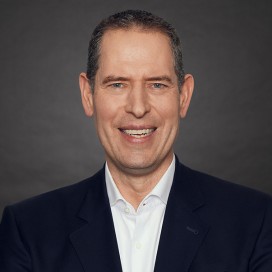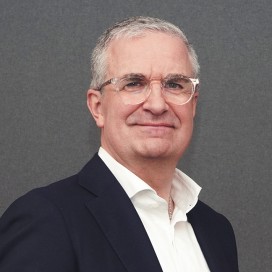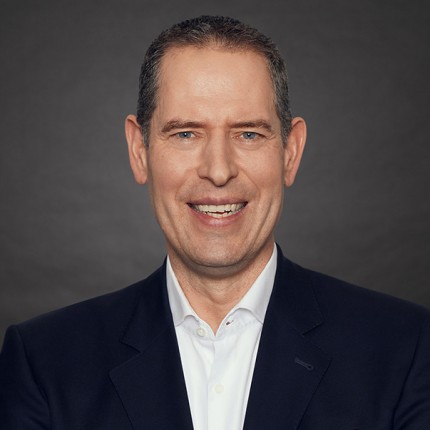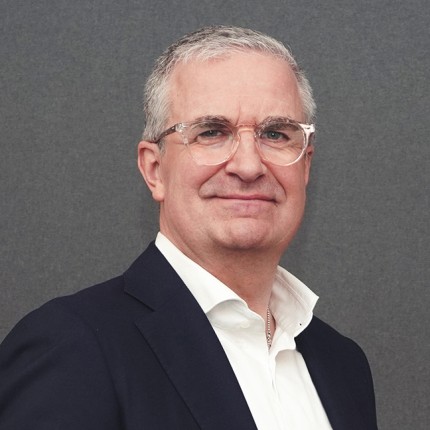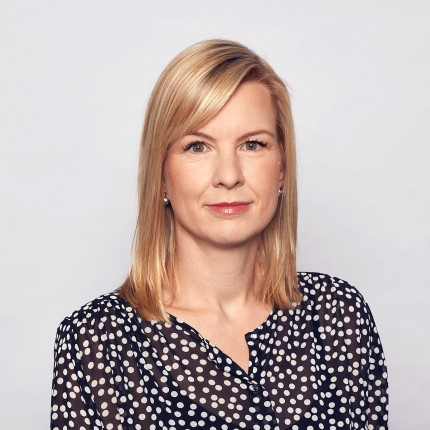Start Your Expedition
The future-proof business model brings opportunities for success and survival
The chances of success and survival for companies as well as their business and revenue models increase substantially if they are continuously questioned and systematically tested against the backdrop of disruptive competitors and increasingly informed customers.
In all industries, new competitors are constantly challenging the existing rules of the game by either positioning themselves at the customer interface, attacking particularly profitable market segments or completely digitizing established business models. Established companies are thus often pushed back to less profitable areas of the value chain.
So how can existing business and revenue models be successfully digitized and embedded in extended ecosystems so that the customer can be offered a rewarding needs-based benefit experience?
The ultimate aim is to understand and serve customers holistically in their benefit structure to increase resilience against disruption. This is also the answer to the question of how companies can meet the increasingly complex needs of customers. Broadening the perspective to include existing platforms or the possibility of establishing one's own ecosystem with partners is of crucial importance.
Mere presence in comprehensive ecosystems or on neutral platforms does not yet create a digital business model. Customers are disappointed when they experience, for example, quality deficits or time delays, caused by digital processes are interrupted directly after the digital "shop window". Numerous digitization projects in companies fail because they do not take the end-to-end perspective of central customer processes and are not completely thought from the customer's perspective. Instead, existing processes are only partially automated and integrated into complex process architectures via numerous interfaces. Only an end-to-end digital customer experience creates customer enthusiasm - anything else creates frustration, especially as customers increasingly transfer customer experiences from outside the industry to all existing customer relationships.
In addition, the use of future-oriented technologies such as artificial intelligence will only make sense if all data collected at customer contact points will be meaningfully linked with existing process data in an end-to-end data mode. This will generate superior customer insights and is therefore a prerequisite for sustainable competitive advantages in a digital world.
Our Approach
Customers are increasingly hybrid. This means that companies must address their customers in the customer journey - be it online or offline, but also that all relevant data must be made seamlessly available at all points of contact. Hybrid customers want to continue their journey with a customer representative or sales advisor at the same point at which they left after an online access to the company. This raises the challenge for a full integration of all sales channels. For every business, the seamless integration of face-to-face sales is the central challenge both for sales and for the necessary future transformation.
The Solution
Strategic Partnerships
Successful companies, when it comes to growth, primarily focus on expanding their sales channels and tapping into new customer groups. Partner sales and collaborations are increasingly becoming a key part of the solution. What may seem simple at first glance requires, for successful implementation, the answering of strategic and cultural questions within the company:
Which cooperation partners are the right ones?
How do existing channels collaborate with partner sales?
What do revenue models and pricing look like?
How can potentially higher risks be controlled and mitigated?
How can the sales team's "not invented here" mentality be successfully addressed?
Sales of Tomorrow
Looking to the future, sales is also significantly characterised by topics such as demographic change, New Work and ESG. CSOs are faced with the challenge of combining traditional methods with sustainable and flexible approaches. In a world with limited willingness to travel and a focus on sustainability, the reorganisation of sales strategies is becoming crucial.
The question is: How can CSOs utilise the opportunities presented by this change to create a future-oriented sales culture?
More Topics
Your Experts
Contact Us
We would like to point out that this website offers only a limited insight into our services. Our expertise and the full range of our offerings cannot be fully represented on this platform. For personalized advice and to best address your specific concerns, we warmly invite you to contact us directly, so that we can provide you with tailored solutions.
Thank you for your trust. We look forward to hearing from you.

